|
My blog posts revolve around my interests and vocation as a historian: the intersection of history and contemporary church life, the intersection of history and contemporary politics, serendipitous discoveries in archives or on research trips, publications and research projects, upcoming conferences, and speaking engagements.
I sometimes blog for two other organizations, the Canadian Baptist Historical Society and the Centre for Post-Christendom Studies. The views expressed in these blogs represent the views of the authors, and not necessarily those of any organizations with which they are associated. |
|
I am a sucker for a good science fiction movie, especially one that casts a vision for what life on earth will be like in the near future. While there are positive portrayals of the future, the genre is rife with visions of a dystopian future brought about by sudden climate change – whether the future is hot or cold, violence is inevitably one of the ways in which humans respond to the loss of habitat and security.
While the movies are fantasy, the harsh reality in the real world is that changes to climate lead to unrest, uncertainty, and inevitably violence.
1 Comment
*Images of the Canadian Churchman taken from Anglican General Synod Archives, Toronto. One of the exciting aspects of being an historian is finding documents that you never expected to find.
The above two images of an article on slavery in Canada are taken from the Anglican weekly periodical Canadian Churchman from 1919. I was looking through the periodical for something else - but I had to make a copy of this surprise finding. The article was on slavery in Canada, and is noteworthy for a number of reasons:
In conclusion, some of the language used by the author is not how we today would write, nor are some of her assumptions what we would assume today, but that is to be expected since the author lived and wrote 100 years ago. The article, however, provides a fascinating glimpse not only of the past, but also how that past was understood in the past. For further reading on the subject of slavery in Canada, see Robin W. Winks, The Blacks In Canada: A History (Montreal: McGill-Queen’s University Press & New Haven/London: Yale University Press, 1971). Our experiences as students of Dr. Robert Wilson were at opposite ends of his tenure at Acadia Divinity College. My experience began in 1991, the first year of his professorship, and my master’s thesis was one of the first he supervised. Taylor's experience began in 2015, near the end of his time at the college, and his thesis was one of the last he supervised. Both of us were fortunate enough to have experienced the teaching and mentoring of “Dr. Bob,” and both of us consider it a privilege to put together this Festschrift in honour of his contribution to our lives, the church, and the academe.
We hope that these chapters will accomplish two things. First, they will not only contribute to our knowledge of Baptist history in Atlantic Canada, but also stimulate further research into hitherto unexplored subjects. Second, they will be a testament to Wilson’s work as a professor, one who both trained young scholars and spurred on the study of Atlantic Baptist history to develop to the place it is today.
“By early in the twentieth-first century it was apparent that the inherited scripts for future war were inadequate.” Lawrence Freedman, The Future of War: A History (2017)
Freedman’s observation should be a pressing concern for Christians concerned for the just use of force. The world is changing quickly, and there are many developments in the evolution of warfare and technology that require thoughtful consideration. In my college years I had an idea related to a serious issue. The course professor seemed like a nice guy, so I naively went up to him after class and told him what I was thinking. He listened, was kind, and spent the next fifteen minutes explaining why my idea was simply – and obviously – wrong. I listened, was convinced, and dropped the idea.
Upon reflection, it was a ridiculous idea and one that needed to be purged from my young mind. Upon reflection, I also realize that if I were a student in today’s woke cancel culture I could never have talked to a professor about the idea; students listening in would have been triggered, the professor would have been outraged, and I would have been excoriated and perhaps even expelled. And my crazy idea would have remained lodged in my head. Which leads me to Mary Shelley’s Frankenstein (1818) and the brief lamentation by the novel’s chief protagonist, the scientist Victor Frankenstein. When Christians focus on this or that local conflict, they often are completely unaware of larger trends and trajectories related to the “great powers” that have a direct bearing on foreign affairs, trade, migration, civil unrest, treaties, and actual war. They are like sheep described by David Mitchell: “Up the hill, sheep bleat, oblivious to human empires rising and falling.”
|
Archives
May 2024
|
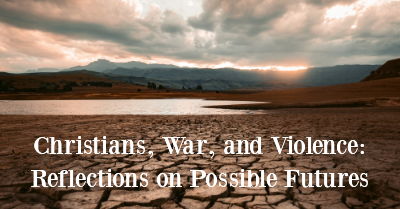
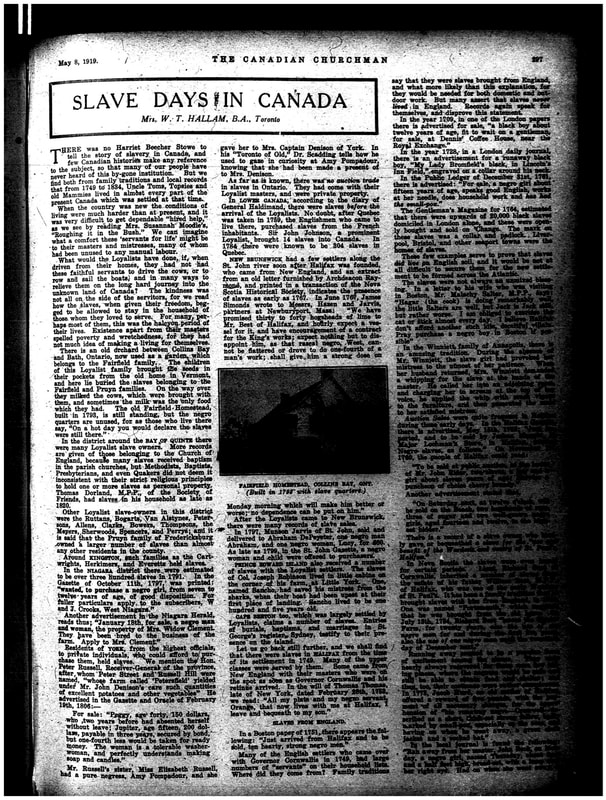
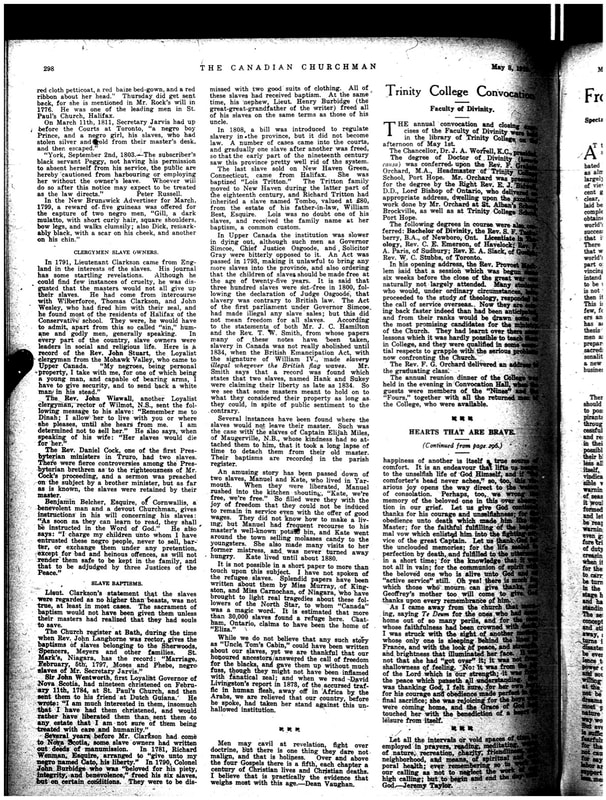
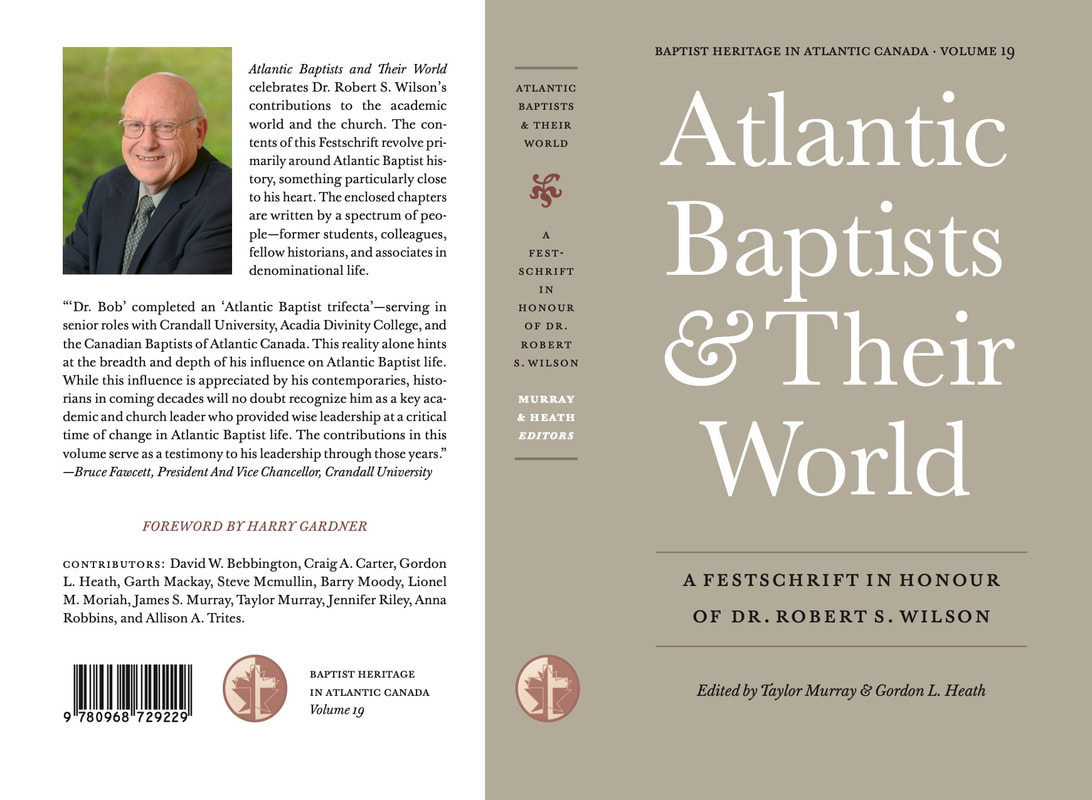
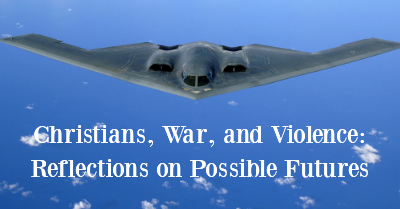

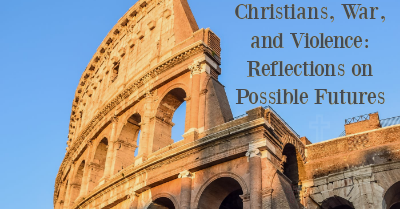
 RSS Feed
RSS Feed
